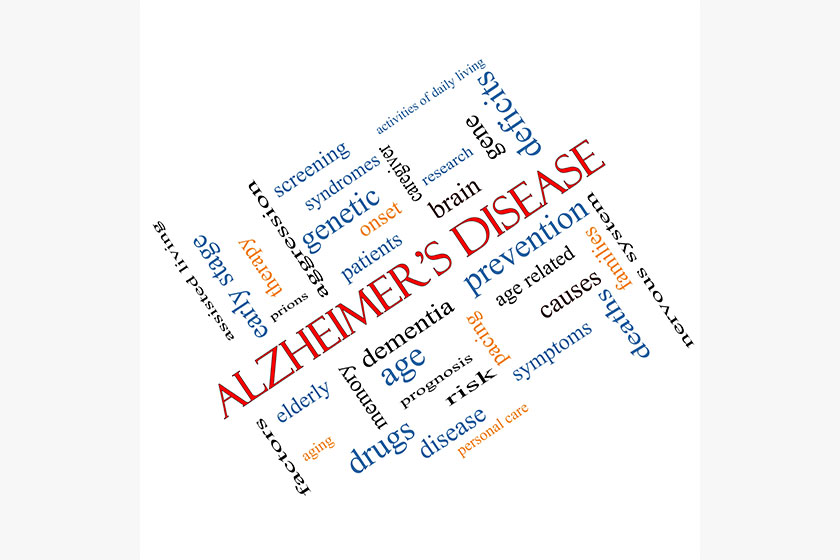Alzheimer’s disease, a formidable foe in the realm of healthcare, casts a shadow of uncertainty over millions of individuals worldwide. Its relentless progression, characterized by memory loss, cognitive decline, and profound emotional toll, not only affects patients but reverberates through the lives of their families and caregivers. Yet, amidst the pervasive challenges posed by this neurodegenerative disorder, rays of hope emerge from the horizon of Alzheimer’s research.
Understanding the Importance of Alzheimer’s Research
Alzheimer’s disease is a devastating neurodegenerative disorder characterized by progressive memory loss, cognitive decline, and behavioral changes. With no cure currently available and limited treatment options, Alzheimer’s poses significant challenges for patients, caregivers, and healthcare professionals alike. Alzheimer’s research serves as a beacon of hope in the quest to unravel the complexities of the disease, identify potential risk factors, and develop innovative strategies for prevention, diagnosis, and treatment.
Key Discoveries and Breakthroughs
In recent years, researchers have made significant strides in understanding the underlying mechanisms of Alzheimer’s disease and identifying novel therapeutic targets. One breakthrough involves the discovery of biomarkers—biological indicators that can signal the presence of Alzheimer’s pathology in the brain. These biomarkers, including amyloid-beta and tau proteins, hold promise for early detection and more accurate diagnosis of Alzheimer’s disease, allowing for timely intervention and treatment.
Another area of exciting progress in Alzheimer’s research is the development of targeted therapies aimed at disrupting the disease’s underlying mechanisms. Researchers are exploring drugs designed to reduce the accumulation of amyloid plaques and tau tangles in the brain, both of which are hallmark features of Alzheimer’s pathology. Additionally, there is growing interest in immunotherapy approaches that harness the body’s immune system to clear toxic proteins from the brain and slow disease progression.
Advances in Imaging and Diagnostic Techniques
Advancements in imaging technology have revolutionized the diagnosis and monitoring of Alzheimer’s disease. Techniques such as positron emission tomography (PET) and magnetic resonance imaging (MRI) allow researchers to visualize changes in the brain associated with Alzheimer’s pathology, such as the accumulation of amyloid plaques and the loss of brain volume. These imaging tools not only aid in early detection and diagnosis but also provide valuable insights into disease progression and treatment response.
Promising Clinical Trials and Treatment Approaches
Clinical trials play a vital role in testing the safety and efficacy of potential treatments for Alzheimer’s disease. In recent years, there has been a surge in clinical trials investigating novel therapies targeting various aspects of the disease process. These include drugs aimed at reducing inflammation in the brain, improving neurotransmitter function, and enhancing synaptic plasticity—all of which are critical for preserving cognitive function and slowing disease progression.
In addition to pharmacological interventions, researchers are exploring non-pharmacological approaches to managing Alzheimer’s symptoms and improving the quality of life for patients. These may include cognitive rehabilitation programs, lifestyle interventions such as diet and exercise, and supportive therapies such as music or art therapy. By taking a holistic approach to treatment, researchers hope to address the multifaceted nature of Alzheimer’s disease and provide comprehensive care for patients and their families.
The Importance of Early Detection and Intervention
Early detection of Alzheimer’s disease is crucial for maximizing treatment efficacy and improving patient outcomes. While there is currently no cure for Alzheimer’s, early intervention can help slow disease progression, delay the onset of symptoms, and preserve cognitive function for longer. Efforts to improve screening and diagnostic tools, as well as raise awareness of the importance of early detection, are paramount in the fight against Alzheimer’s disease.
As we reflect on the landscape of Alzheimer’s research, we stand at a pivotal moment in the quest to conquer this formidable disease. The journey has been fraught with challenges, setbacks, and moments of uncertainty, yet it is also marked by resilience, determination, and unwavering dedication. As we navigate the complexities of Alzheimer’s disease, we are guided by the beacon of hope emanating from groundbreaking research and transformative discoveries.
With each advancement in our understanding of Alzheimer’s pathology, each breakthrough in therapeutic development, and each stride forward in clinical trials, we inch closer to the realization of our shared goal: a world without Alzheimer’s. Yet, our journey is far from over. It requires continued commitment, collaboration, and collective action to overcome the remaining obstacles and pave the way for a future where Alzheimer’s is but a distant memory.
We understand the challenges that individuals and families face when dealing with Alzheimer’s disease. Our compassionate team is dedicated to providing personalized care and support for residents living with Alzheimer’s and other forms of dementia. Through specialized memory care programs, engaging activities, and a supportive environment, we strive to enhance the quality of life for our residents and promote a sense of purpose and belonging. With our commitment to excellence in dementia care, we are here to support you on your journey toward hope, healing, and a brighter tomorrow.


